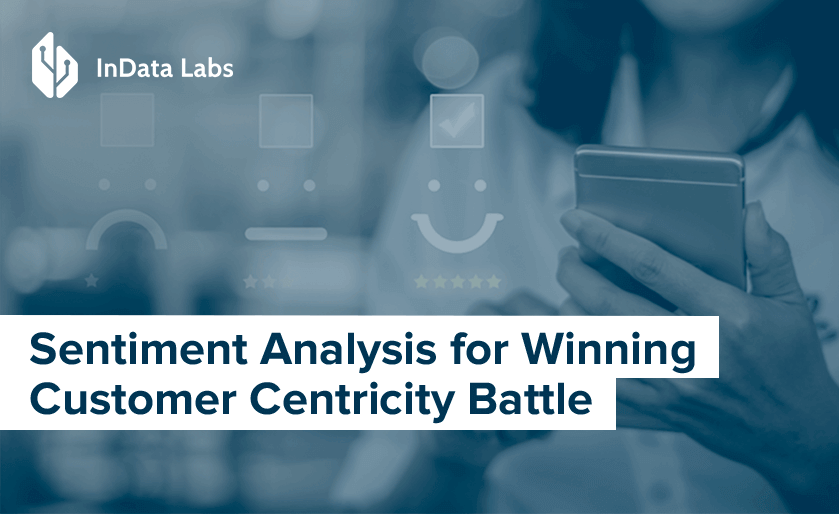We’ve already talked about machine learning application in Recommender Systems in one of our previous articles. Now we would like to concentrate on the problems Recommender Systems have to overcome in mobile applications, e-commerce platforms, search engines, and other platforms that face the cold start issues.
The number of people who leverage recommendations powered by machine learning is constantly growing. The convenience is undeniable since such systems seem to know everything about people’s hobbies and passions and stay up-to-date with modern trends thanks to integrated machine learning.
Machine Learning is Essential for Recommendations Success
Machine learning is only used in the best recommendation systems. The predictive model in such systems is constantly learning and adapting to platforms’ users and products it sells. It allows the technology to automatically optimize and personalize the content for every particular user.
A Recommendation Engine that learns directly from businesses as well as customers across a website, application, and email touchpoints, results in a “customized algorithm” that is constantly getting smarter about what matters most to every customer.
However, when a user appears on one of such platforms for the first time or needs to make a new search, the problem of cold-start arises and success strongly depends on the platform’s capabilities to adapt quickly to a new person or a new search in order to provide the best and personalized service.
Want to know what matters most to your customers? Contact us and we will help.
Product Cold Start vs. Visitor Cold Start
The term “cold start” derives from cars. When the engine is cold, the car is not yet working so smoothly, but once the optimal temperature is reached, it works just fine. For a recommendation engine, it simply means that the conditions are not yet optimal for it to operate smoothly and provide best results. There are two major cold start categories (product cold start and visitor cold start) and the number of ways to help recommender systems cope with these issues.
Cold start problem in recommender systems can be relevant both for new users of some service and for a new product, which has yet no reviews or history of being a success among a certain group of users. And in case there aren’t enough user actions for a particular item, the engine will not know when to display it. Content-based filtering is successfully addressing this challenge. The system first uses the metadata of new products while creating recommendations, while visitor’s actions go on the second place for a certain period of time.
It is also possible to separate the users who are only there to browse from those determined to find what they are looking for. For example, if someone clicks on everything from cars to flower pots within a very short period of time, the engine will know not to use this user’s click history for further recommendations to other users.
In case of visitor cold start majority of the systems use popularity based strategy. Most popular products are identified based on global, regional and local trends, or a certain time of the day. Plus the engines use the following information: geolocation, referrers (knowing where the visitor came from), the device (mobile or desktop, IOS or Android), browser. All of it helps to personalize the displayed ads and product recommendations in real time. The behavioral information starts “working” after only 2-3 clicks during the user’s very first visit, helping to uncover user’s true interest.
Lots of people feel desperate choosing presents for people they hardly know, and we see that the same thing is true for a recommender system that hardly knows anything about the new user’s interests and demands. However, judging by the way the technology is evolving, it will soon be much easier to make choices for machines, rather than for people.
Let InData Labs Team Work on Recommender System for Your Business
Schedule an intro consultation with our Machine Learning engineers to explore your business and find out how we can help.
InData Labs helps tech startups and enterprises explore new ways of leveraging data, implement highly complex and innovative projects, and build breakthrough AI products, using machine learning, AI and Big Data technologies. Our core services include Data Science Consulting, Big Data Engineering, Data Science Consulting.


